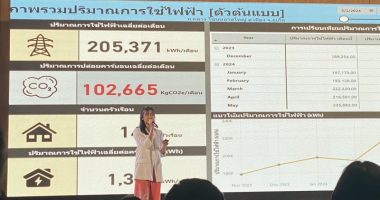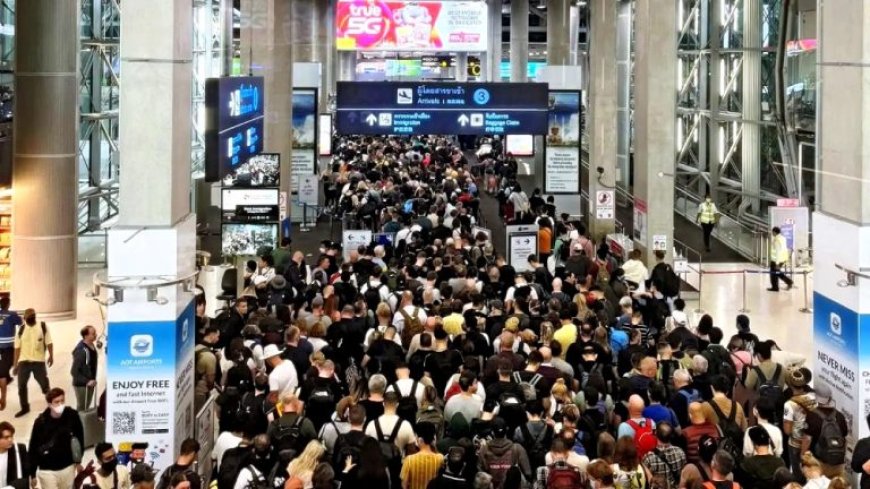Exploring the Future Job Market: Top Careers to Consider
As we approach 2025, the job market is undergoing significant changes driven by technological advancements, demographic shifts, and evolving consumer needs. According to the World Economic Forum, while approximately 85 million jobs may be replaced by machines, an estimated 97 million new roles are set to emerge. This article highlights ten in-demand careers that are expected to thrive in the coming years.
Key Factors Driving Job Growth
The demand for skilled professionals is being fueled by several key trends, including the rise of digital technology, the need for data analysis, and a growing focus on sustainability. Understanding these trends can help job seekers target their career paths effectively.
Top 10 In-Demand Careers for 2025
1. Software Developer
Software developers are crucial in creating applications and systems that drive businesses forward. Their expertise in programming languages and software design makes them indispensable in today’s digital landscape.Salary Range: 25,000-140,000 baht/month
2. AI & Machine Learning Engineer
With artificial intelligence becoming integral to various industries, AI and machine learning engineers are in high demand. They specialize in developing algorithms and models that enable machines to learn from data.Salary Range: 60,000-80,000 baht/month
3. Data Analyst
Data analysts play a vital role in interpreting complex data sets to inform business decisions. Their ability to derive insights from data helps organizations optimize their strategies and improve performance.Salary Range: 40,000-80,000 baht/month
4. Data Scientist
Data scientists focus on advanced analytics and predictive modeling to provide actionable insights for businesses. They combine statistical knowledge with programming skills to enhance decision-making processes.Salary Range: 35,000-80,000 baht/month
5. Digital Marketing Specialist
Digital marketing specialists leverage online platforms to create effective marketing strategies. Their skills in content creation and data analysis help businesses engage with their target audiences effectively.Salary Range: 30,000-80,000 baht/month
6. Cybersecurity Professional
As cyber threats increase, cybersecurity professionals are essential for protecting organizational data and systems. They implement security measures and respond to incidents to safeguard against breaches.Salary Range: 60,000-100,000 baht/month
7. Cloud Engineer
Cloud engineers design and manage cloud-based infrastructure and services. With the growing adoption of cloud computing, their expertise is crucial for organizations transitioning to cloud environments.Salary Range: 50,000-90,000 baht/month
8. Nurse Practitioner
The healthcare sector is experiencing a surge in demand for nurse practitioners who provide primary care services. Their role is vital in addressing the needs of an aging population and increasing healthcare accessibility.Salary Range: 120,000 baht/month
9. Renewable Energy Technician
As the world shifts towards sustainable energy sources, renewable energy technicians are becoming increasingly important. They install and maintain systems such as solar panels and wind turbines.Salary Range: $46,000/year (approx. 40,000 baht/month)
10. Content Creator
Content creators produce engaging material across various platforms to connect with audiences. Their creativity in writing, video production, and social media management drives engagement and brand awareness.Salary Range: 25,000-50,000 baht/month
Preparing for Future Careers
The job market of 2025 promises exciting opportunities across various sectors driven by technology and sustainability initiatives. By focusing on developing relevant skills for these in-demand careers—such as software development, data analysis, and cybersecurity—individuals can position themselves for success in a rapidly evolving landscape. Embracing continuous learning will be essential for thriving in this dynamic environment.









